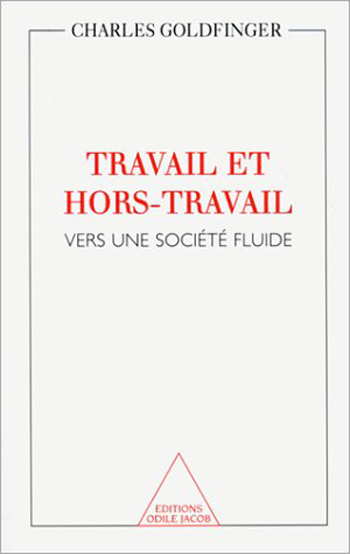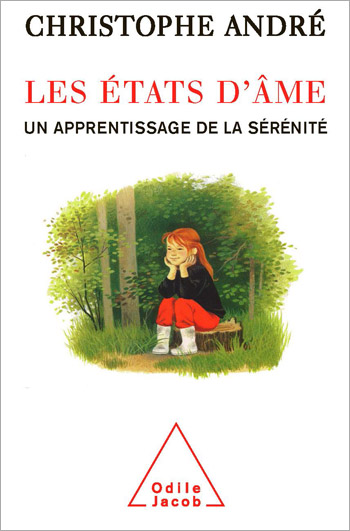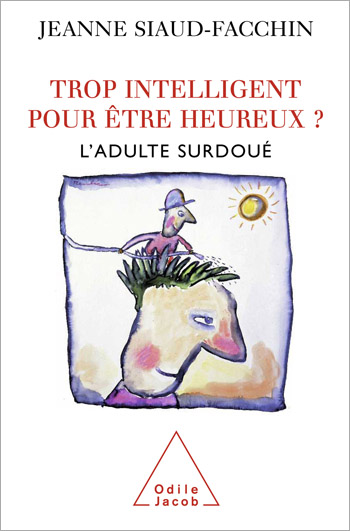Catalog All books
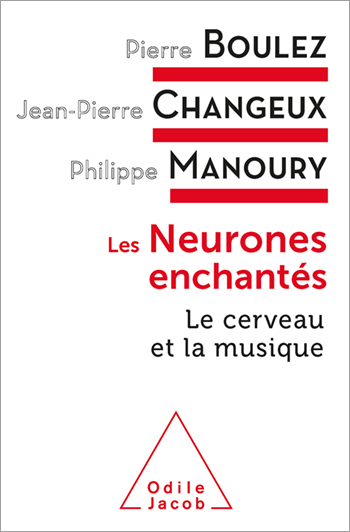
Pierre Boulez, Jean-Pierre Changeux, Philippe Manoury
The Enchanted Neurons The Brain and the Music
A unique event: two major intellectuals of our time discuss the links between the neurosciences and music
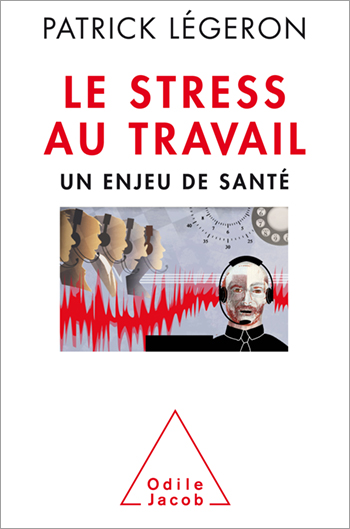
Patrick Légeron
Stress in the Workplace
A new, completely revised edition of an outstanding reference work on stress in the workplace
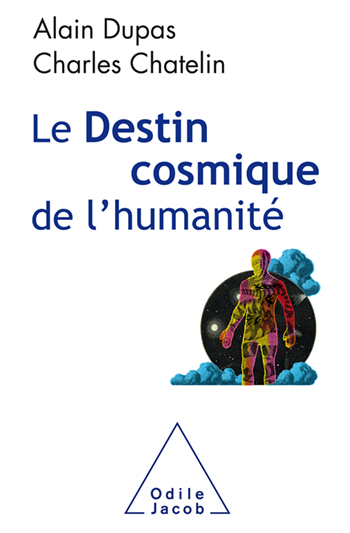
Alain Dupas, Charles Chatelin
Humanity’s Cosmic Destiny
An inspiring, sometimes disconcerting book. A new history of space exploration. A future-oriented look at the evolution of humanity in the light of the evolution of technology, both biological and that regarding space.
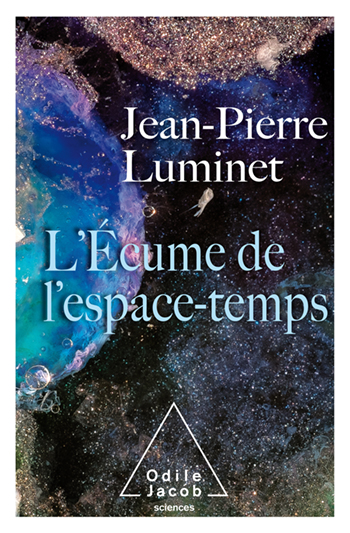
Jean-Pierre Luminet
The Froth of Space-Time The marvels of quantum gravity
The most abstract (and most recent) theories in physics and cosmology explained to all! No equations: only ideas and passion. A must for all science fans.
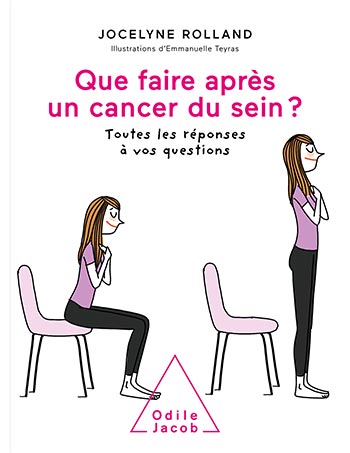
Jocelyne Rolland
What To Do After Breast Cancer?
Concrete answers and adapted exercises, guided by a physiotherapist specialized in working with women who have had breast cancer.
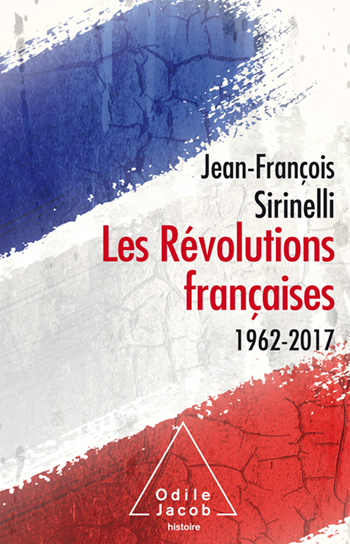
Jean-François Sirinelli
France in an Age of Major Upheaval 1962-2017
A look at France’s recent history by an historian attempting to define a consistent theme and perhaps also paint a picture of what the future may have in store.
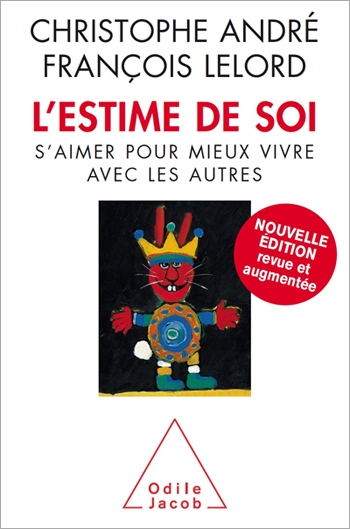
Christophe André, François Lelord
Self Esteem Liking Yourself in Order to Live Better With Others
Self-belief, self-love, self-confidence... These are all facets of self-esteem, a basic aspect of the human personality, which results from our self-image and how we judge ourselves...
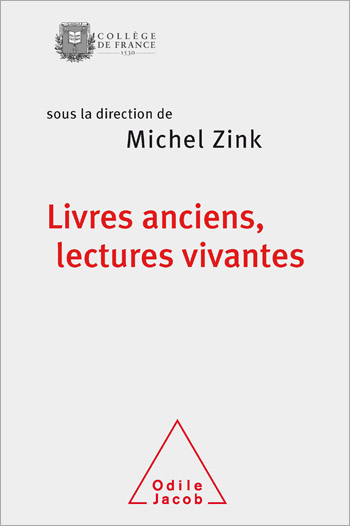
Michel Zink
Books from the Past, Readings for Today
When you read an ancient text — which is what you do whenever you read anything besides today’s paper or the latest bestseller...
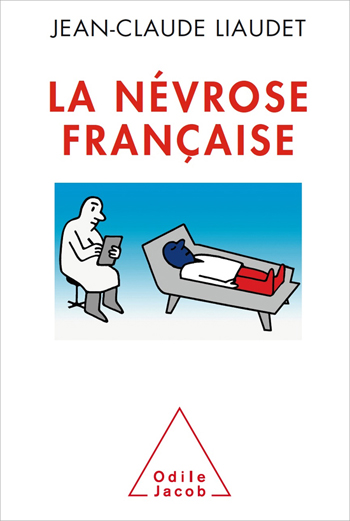
Jean-Claude Liaudet
The French Neurosis
A psychoanalyst examines France’s collective neurosis and asks: Can the patient be cured?
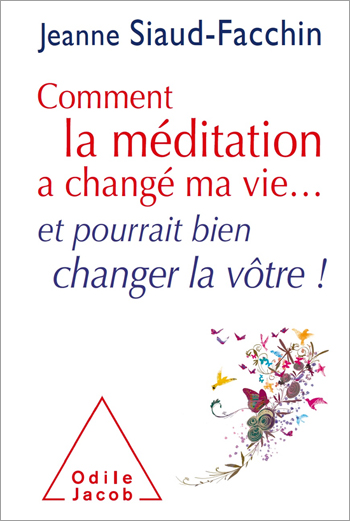
Jeanne Siaud-Facchin
How Meditation Changed My Life and Could Also Change Yours!
The book contains a wealth of information on mindfulness meditation, juxtaposing recent findings in the neurosciences with actual experiences.

Nicolas Offenstadt
Shot at Dawn : The Executed of the Great War And the Collective Memory (1914-1999)
Why were some soldiers tried and executed by their own military authorities during World War I? Using previously unpublished source material, the author has been able to throw light on one of the most sombre episodes of the Great War. Besides reviewing the history of the events themselves, the author also examines the struggle with the military authorities to clear the soldiers names, beginning in the period between the two world wars. By the 1960s, the public image of the executed soldiers had begun to change. It would culminate in the British campaign to grant them an official pardon and in the French decision to remember them a ceremony. How, he asks, did these changes come about? Nicolas Offenstadt is a graduate of the Institut des Etudes Politiques, in Paris. He holds an agrégation in history and is a member of the Thiers Foundation.
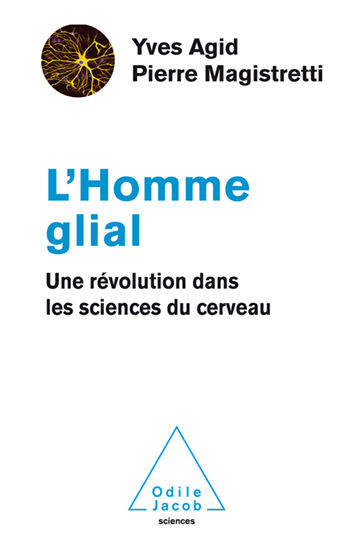
Yves Agid, Pierre Magistretti
The Glial Man A Break in Neuroscientific Thinking
A strong thesis with three-fold implications: a new way of understanding the functioning of the human brain; new bases to better diagnose neuro-psychiatric pathologies; new paths for research into treatments against these diseases.
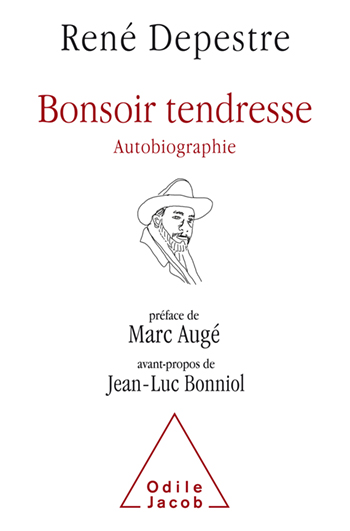
René Depestre, Marc Augé
Good Evening Tenderness
The life of an intellectual, revolutionary, and adventurer. An important figure in the négritude movement, alongside Aimé Césaire and Frantz Fanon. An original reflection on identity and skin color. A look back on his revolutionary dreams and the Cuba regime, in the time of Castro and Che.

